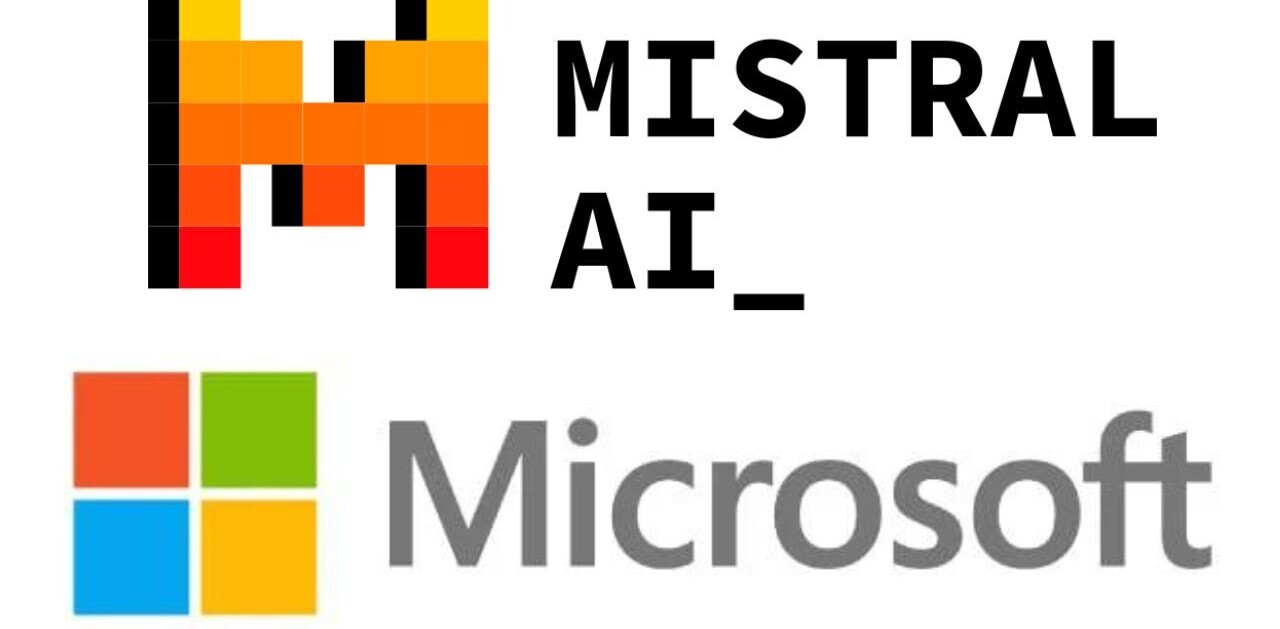
A letter signed by some of the most prolific US-based technology companies such as Apple, Facebook and Google has been sent to the Obama administration and Congress today asking for greater transparency over national security-related data requests.
The alliance, rumored yesterday to be readying the document, is now urging the US government to give them permission to publish regular reports that would indicate at least some of the type and quantity of information being collected.
This would include the number of requests for information – related to their users – submitted under specific legislation such as Section 215 of the USA Patriot Act and Section 702 of the FISA Amendments Act. It would also cover the number of individuals, accounts and devices that were requested by each authority, as well as the total amount of requests for data related to user messaging or calls.
What’s notable is that nearly all of the companies that were reportedly covered by PRISM, the covert data collection program run by the National Security Agency, have signed today’s letter. Microsoft – which would also include Skype – Yahoo, Google – also covering YouTube – Facebook, AOL and Apple are all on the list. Video chat service PalTalk is the only firm absent.
Joining the choir is Twitter, Tumblr, Dropbox – which was reportedly considered by the NSA as the next service for PRISM – LinkedIn, Mozilla, Reddit and Digg, among others.
The group is demanding that the Department of Justice allow Internet, telephone and Web-based service providers to publish “specific numbers” relating to government requests that were authorized by specific national security authorities.
The signees also request that Congress pass new legislation that would require the US government to report on data requests with greater transparency. It later argues that this information, as well as how often the government is leveraging these legal authorities, is of the utmost importance to US citizens.
“(They) are entitled to have an informed public debate about the appropriateness of those authorities and their use, and to international users of US-based service providers who are concerned about the privacy and security of their communications,” the letter adds.
Investors, trade associations and nonprofit organizations, such as the Wikimedia Foundation, have also signed the letter to show their support.
“As we’ve previously stated, the Foundation has not received any requests to date, but we want the community to be better able to trust us when we say that, and we want the US government to make it clear that it is legal for us to share accurate information,” Luis Villa, Deputy General Counsel for the Wikimedia Foundation said.
Here’s the letter in full:
July 18, 2013
We the undersigned are writing to urge greater transparency around national security-related requests by the US government to Internet, telephone, and web-based service providers for information about their users and subscribers.
First, the US government should ensure that those companies who are entrusted with the privacy and security of their users’ data are allowed to regularly report statistics reflecting:
- The number of government requests for information about their users made under specific legal authorities such as Section 215 of the USA PATRIOT Act, Section 702 of the FISA Amendments Act, the various National Security Letter (NSL) statutes, and others;
- The number of individuals, accounts, or devices for which information was requested under each authority; and
- The number of requests under each authority that sought communications content, basic subscriber information, and/or other information. Second, the government should also augment the annual reporting that is already required by statute by issuing its own regular “transparency report” providing the same information: the total number of requests under specific authorities for specific types of data, and the number of individuals affected by each.
As an initial step, we request that the Department of Justice, on behalf of the relevant executive branch agencies, agree that Internet, telephone, and web-based service providers may publish specific numbers regarding government requests authorized under specific national security authorities, including the Foreign Intelligence Surveillance Act (FISA) and the NSL statutes. We further urge Congress to pass legislation requiring comprehensive transparency reporting by the federal government and clearly allowing for transparency reporting by companies without requiring companies to first seek permission from the government or the FISA Court.
Basic information about how the government uses its various law enforcement–related investigative authorities has been published for years without any apparent disruption to criminal investigations. We seek permission for the same information to be made available regarding the government’s national security–related authorities.
This information about how and how often the government is using these legal authorities is important to the American people, who are entitled to have an informed public debate about the appropriateness of those authorities and their use, and to international users of US-based service providers who are concerned about the privacy and security of their communications.
Just as the United States has long been an innovator when it comes to the Internet and products and services that rely upon the Internet, so too should it be an innovator when it comes to creating mechanisms to ensure that government is transparent, accountable, and respectful of civil liberties and human rights. We look forward to working with you to set a standard for transparency reporting that can serve as a positive example for governments across the globe.
Thank you.
Photo credit: Win McNamee/Getty Images
Get the TNW newsletter
Get the most important tech news in your inbox each week.





